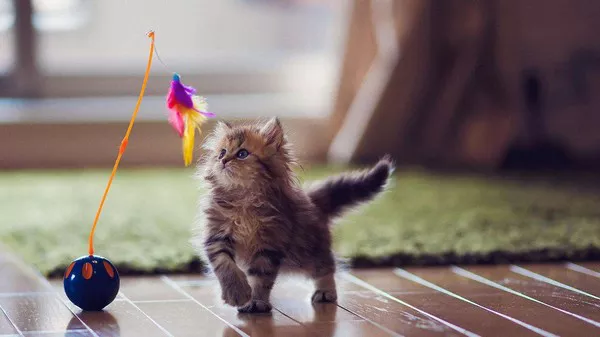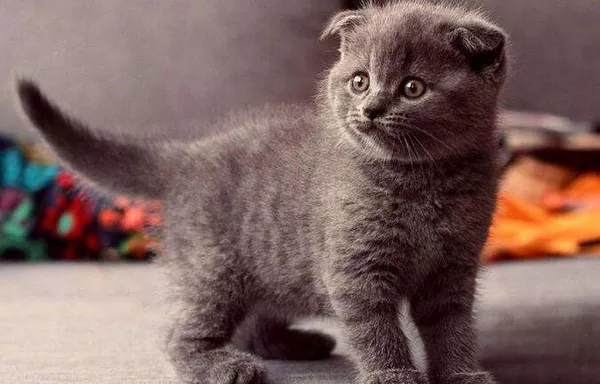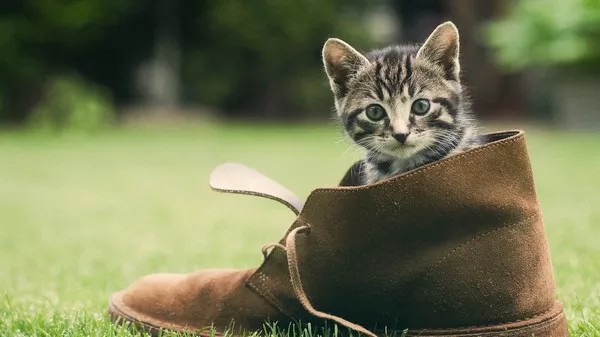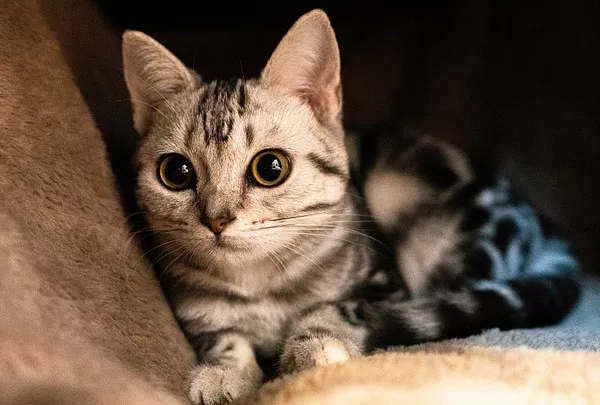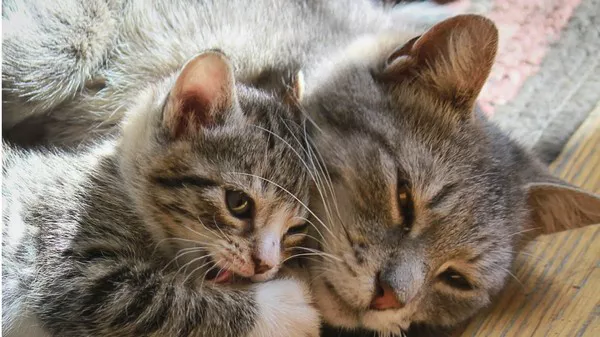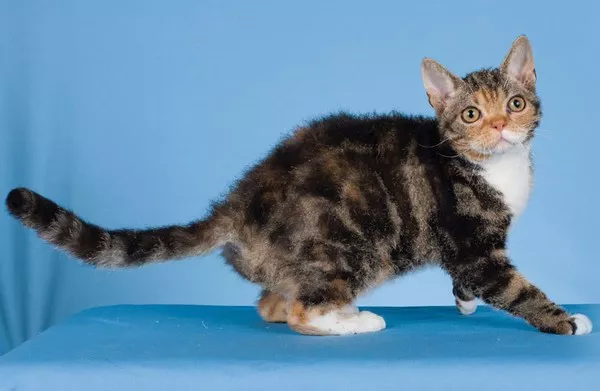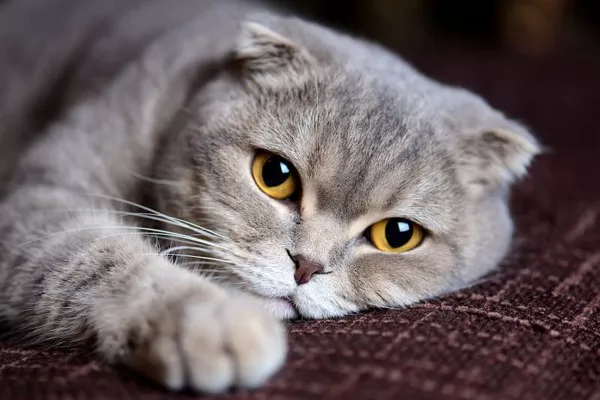Abyssinian cats are a unique and beloved breed known for their distinctive ticked coat and playful personalities. If you’re considering adding an Abyssinian cat to your family, you may be wondering about their lifespan. In this article, we will explore the average lifespan of Abyssinian cats, as well as factors that can affect their longevity.
On average, Abyssinian cats have a lifespan of 12 to 15 years. This is similar to the average lifespan of domestic cats, which is generally between 10 to 16 years. However, many Abyssinian cats can live well into their late teens or even early twenties with proper care and attention.
Several factors can influence the lifespan of an Abyssinian cat, including genetics, diet, exercise, and overall health. Here are some of the key factors that can affect an Abyssinian cat’s lifespan:
-
Genetics
Genetics plays a significant role in an Abyssinian cat’s lifespan. Some cats may have a genetic predisposition to certain health conditions, such as kidney disease or dental problems, which can shorten their lifespan. Conversely, some Abyssinian cats may be genetically healthier and live longer than average.
When selecting an Abyssinian cat, it is important to work with a reputable breeder who has conducted genetic testing and screening to ensure the health of their cats.
-
Diet
Diet is another crucial factor that can impact an Abyssinian cat’s lifespan. A balanced and nutritious diet can help maintain the cat’s overall health and prevent obesity, which can lead to various health problems.
It is important to provide your Abyssinian cat with high-quality, protein-rich cat food that meets their nutritional needs. Avoid feeding your cat human food, which can be harmful to their health.
-
Exercise
Regular exercise is essential for maintaining an Abyssinian cat’s physical and mental health. Daily play sessions, interactive toys, and access to climbing structures and scratching posts can help keep your cat active and engaged.
Lack of exercise can lead to obesity, which can increase the risk of various health problems and shorten the cat’s lifespan.
-
Health and Veterinary Care
Regular veterinary care is crucial for maintaining an Abyssinian cat’s health and detecting any potential health problems early. Annual wellness exams, vaccinations, and parasite prevention are essential for keeping your cat healthy.
It is also important to provide your cat with dental care, including regular teeth cleaning and brushing, to prevent dental disease. Untreated dental problems can lead to serious health issues and shorten the cat’s lifespan.
-
Environment
The environment in which an Abyssinian cat lives can also impact their lifespan. Providing a safe and stress-free environment with plenty of mental and physical stimulation can help prevent behavioral issues and promote good health.
Additionally, keeping your cat indoors can help protect them from diseases, predators, and other hazards that can shorten their lifespan.
In summary, the average lifespan of an Abyssinian cat is between 12 to 15 years, although many cats can live longer with proper care and attention. Genetics, diet, exercise, health care, and environment are all factors that can impact an Abyssinian cat’s lifespan. By providing your cat with a balanced diet, regular exercise, and proper veterinary care, you can help ensure that your Abyssinian cat lives a long, healthy, and happy life as a beloved member of your family.


